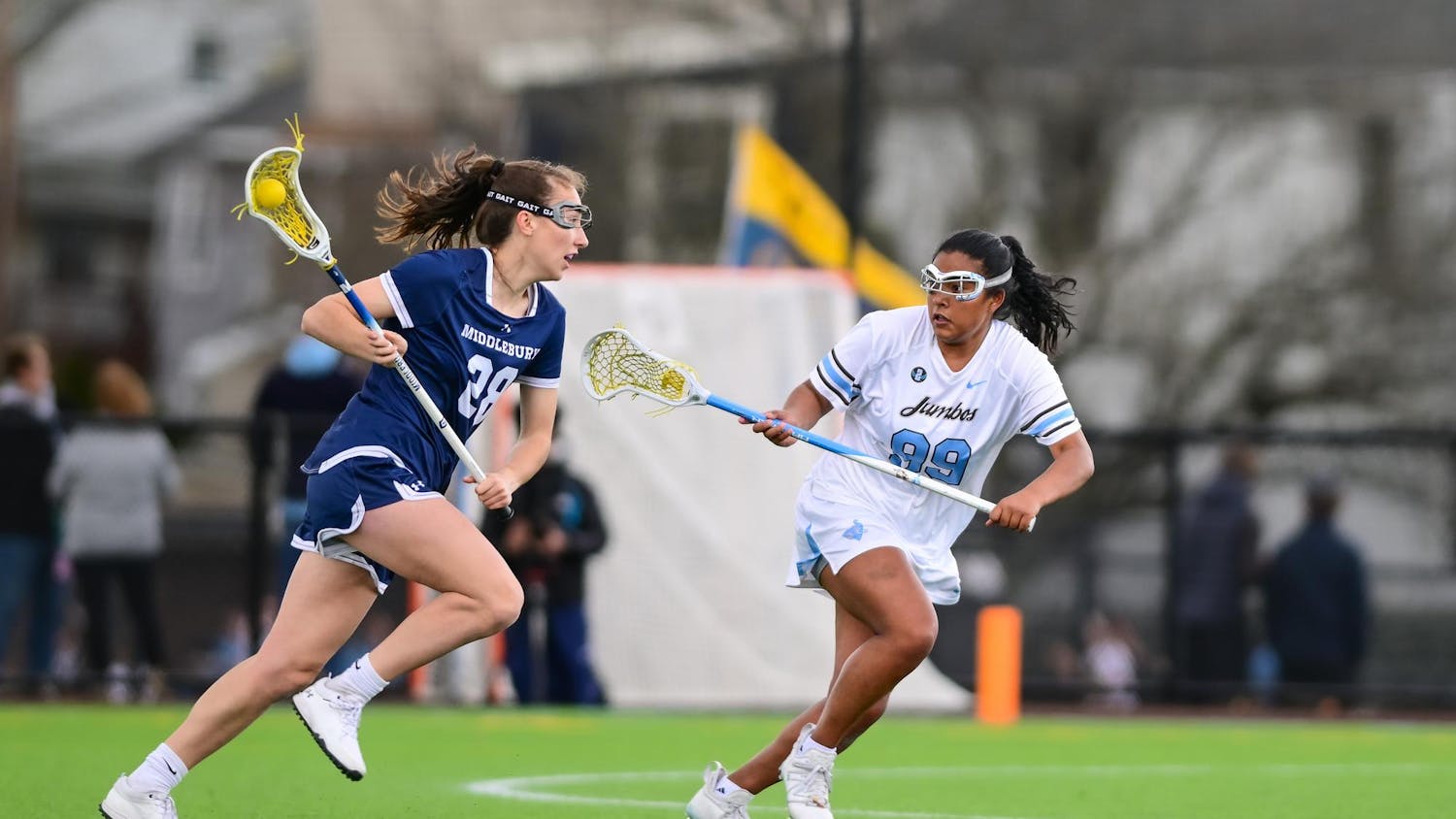The worst−case scenario appears on the horizon, within arm's reach yet eternally slipping away. It's like some sort of bizarro candy aisle, wherein children and parents are forever at war over the conditions necessary to get one Snickers bar before checkout. And as fans, we can only helplessly watch from afar, unable to interject on the asinine battle occurring between the two sides.
A full NBA season will not occur this year. That much is certain. Commissioner David Stern has already conceded that. Sides have broken down over splitting league revenue. The owners want a 50−50 split. The players won't budge from 52.5 percent. In the last collective bargaining agreement, the players were guaranteed 57.
For a league fresh off a rejuvenating season that, for the first time in a while, organically drew a distinct dichotomy between good and evil, a necessary component of sports to attract fans, a cancellation would be unfortunate.
Interestingly, that dichotomy still exists, albeit in redrawn form. Instead of the evil Miami Heat squaring off against the scrappy, hard−working Dallas Mavericks, LeBron James and Dirk Nowitzki are on the same side. The players exist as an entity, as the proletariat embodiment of good. They're not greedy; they just want what's fair and entitled to them: money.
Of course, taken at face−value, this seems ridiculous. Players already earn millions each year, and they want more? But when the opposing forces are the owners, the people to whom the players are financially tethered, it all becomes clear.
The owners are the 1 percent, the Wall Street suits who refuse to budge from sharing revenues with the workers who actually earn the money. The NBA lockout comes at an incredibly interesting time, when Occupy Whatever protesters are forming across the country, protesting in favor of the 99 percent, aiming to destroy the gulf that separates the nation's economic elite from the rest.
As an opinion piece in the Washington Post pointed out, the NBA players have something 88 percent of Americans are lacking: a union. The economic inequality and insecurity across the country, the two authors write, are tethered to a decline in union membership. This means squaring off against the big, bad corporations without any backing. It's a daunting task that equates to automatic failure.
When players like Steve Nash and Dwyane Wade express their frustration at Stern and the owners, it's really the embodiment of the 99 percent, of the American anger that's been reflected in the Occupy movements.
NBA analyst Jan Hubbard hit it on the head, writing on his blog, "And therein lies the problem — the assumption that logic applies; the belief that it is common sense to believe both sides to have common sense. That has been incorrect, which leads to an obvious conclusion. This financial contest is not about dividing revenues fairly. It's about winning."
One side will ultimately emerge victorious — an unfortunate notion given that such lexicon has entered into the negotiations — while two will lose. Both sides are taking such hard stances that it's becoming harder to back down.
The owners cannot give in, lest they see themselves as relinquishing power to their subordinates. It's interesting to note that, in this scenario, only the owners see themselves as weak. The public would likely view them as saviors of the league, benevolent compromisers who finally gave the players a fair shake.
The players, on the other hand, are actually in the driver's seat as far as public perception goes. If they lose and the season starts late, blame will still likely be deflected onto the owners. And if they win, they become the men who finally got what was theirs, who stared down the vaunted 1 percent and won.
The only real losers, then, are the fans.
--
Alex Prewitt is a senior majoring in English and religion. He can be reached on his blog at http://livefrommudville.blogspot.com or followed on Twitter at @Alex_Prewitt.





